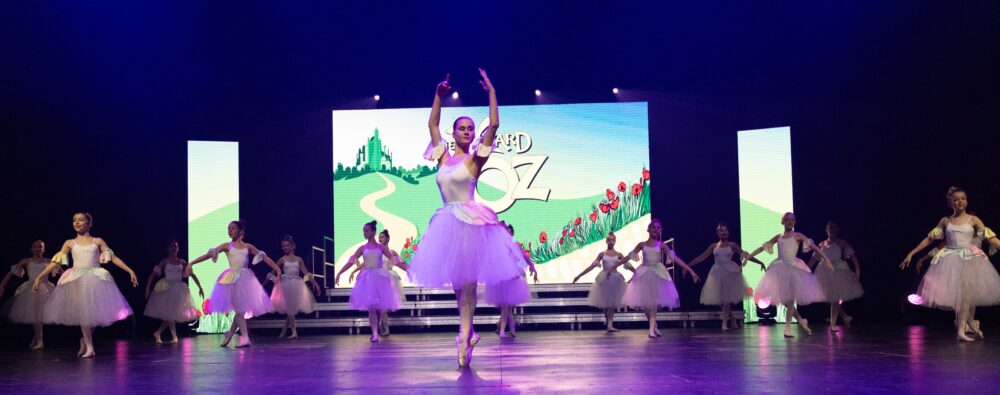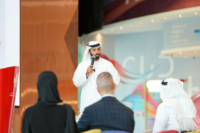Performing arts education has gained recognition as an essential component of a well-rounded educational experience across the GCC, and amidst lack of qualified staff, more schools are opting for tie-ups with private institutions
More and more schools in the GCC are embracing performing arts and incorporating them as part of the curriculum. With students from diverse nationalities, educational institutions have also found arts to be a greater unifying force leading to better understanding of other cultures.
The number one priority for educators is that performing arts education has the ability to nurture social, emotional and cognitive skills, fostering well-rounded development in students.
Jodie Quirke, Wellington Director of Performing Arts, GEMS Education says, “By understanding and becoming a character, children build a wealth of emotional intelligence and learn how to step into someone else’s shoes. This in turn, improves their empathy and builds valuable social awareness.”
Global partnerships such as ITI/UNESCO Network for Higher Education in the Performing Arts are working towards creating strong value and importance towards arts education. These efforts aim to ensure that education in performing arts and related disciplines is integrated at every educational level – from universities, academies and higher education institutions to primary and secondary schools.








